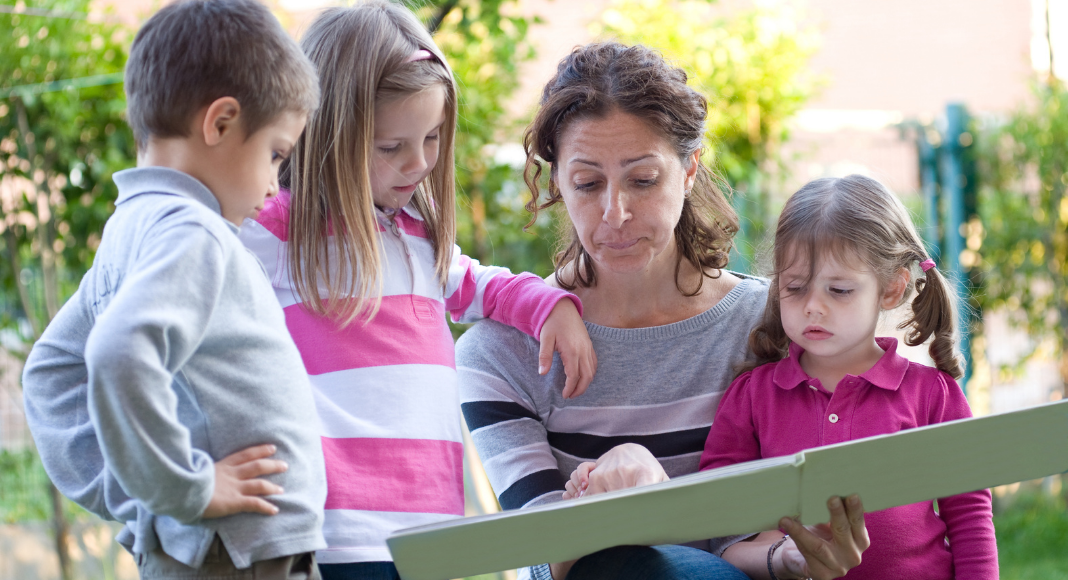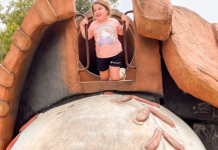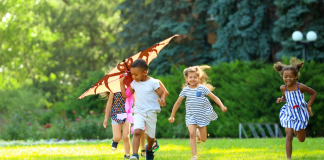“What we once enjoyed and deeply loved we can never lose, for all that we love deeply becomes a part of us” – Helen Keller.
When my 92-year-old grandma passed away, I felt a deep sadness as she was someone who was so important to me. I also experienced a flood of other emotions including regret for not visiting her more often, confusion regarding how she died when I thought she still had more time to live, and helplessness as I was unable to find words to comfort my grandfather who lost his wife of over 70 years.
I reflected that even though I’m almost 40, I haven’t experienced many deaths in my lifetime. When I learned of my grandmother’s death I ironically had just started to read “The Art of Dying Well” by Katie Butler. This book made me realize that in today’s society experiencing the death of a loved one occurs so infrequently that the resultant feelings and emotions can be difficult to comprehend. In contrast, our ancestors who did not have the medical advancements we have today experienced more deaths of loved ones and of all ages. Therefore, by being more familiar with death, our ancestors likely had a deeper connection with and understanding of the balance of life.
When I told my five and seven-year-old children that my grandma died, they both asked a lot of questions like “where was she when she died” and “now that she died, did she go to heaven?” My older son seemed to be lost in thought and was uncharacteristically quiet for a while. When I asked him what he was thinking he said he wanted to pray for his great-grandma.
Later on that day I started to think about how I can use this experience of losing my grandma to teach my kids about life and loss. I read several articles including two on Kidshealth.org and Healthychildren.org. The articles provided a number of suggestions, several of which I used when talking to my kids as described below.
 Tips on Talking to Kids About Death
Tips on Talking to Kids About Death
- Use Simple Age-Appropriate Words
The articles made me understand that depending on your children’s age, they may not understand certain aspects of death. For example, they may not understand that death is permanent, or they may not understand that all living things eventually die. My kids and I had short but frequent conversations about their great-grandma, and during these conversations, I tried to use clear, easy-to-understand language. I tried to avoid saying confusing phrases like “She passed away” or “She went to sleep”. Instead, I told my kids how she died, and that we can’t see her anymore.
- Listen and Comfort
I asked my kids how they were feeling about her death and I listened to everything they said. One of my sons said that her death was scary and that he was sad. We hugged and spent time silently together. My other son is very analytical and had many questions about where her spirit went and why. He wanted to know if heaven is located in outer space and then wondered if the living and the dead are in parallel universes. I tried to answer his questions directly to the best of my knowledge, and I tried to comfort each of them in the way they needed to be comforted.
- Put Feelings into Words
Even though I generally don’t like when others see me cry, I tried to let my kids see what I was feeling, and I tried to explain my own feelings using words they would understand. I told them how I miss her, how I’m sad I can’t see her anymore, and also how talking to her spirit makes me feel close to her even after her death.
- Help Your Child Remember the Person
I shared some of my fondest memories of her, both before and after my kids were born. I told them about her love for art. We talked about how her beautiful paintings and reverse gold plating pieces are displayed throughout our home, all of my family’s homes, and many other homes all over the country. We talked about how healthy she was by eating well and exercising regularly. Both of my kids remembered how she was very social and loved talking to family and friends.
- Feeling at Peace
After my conversations with my children, I realized that I was feeling more at peace with my grandma’s death. I think for me, talking about her and reflecting with my kids helped me to process my life without her. I was no longer having thoughts about my regret for not calling her more or wishing I had spent more time with her in her final days. By learning to accept her death, it felt like I was allowing myself to grieve, and to know deep down that she will always be a part of me.













